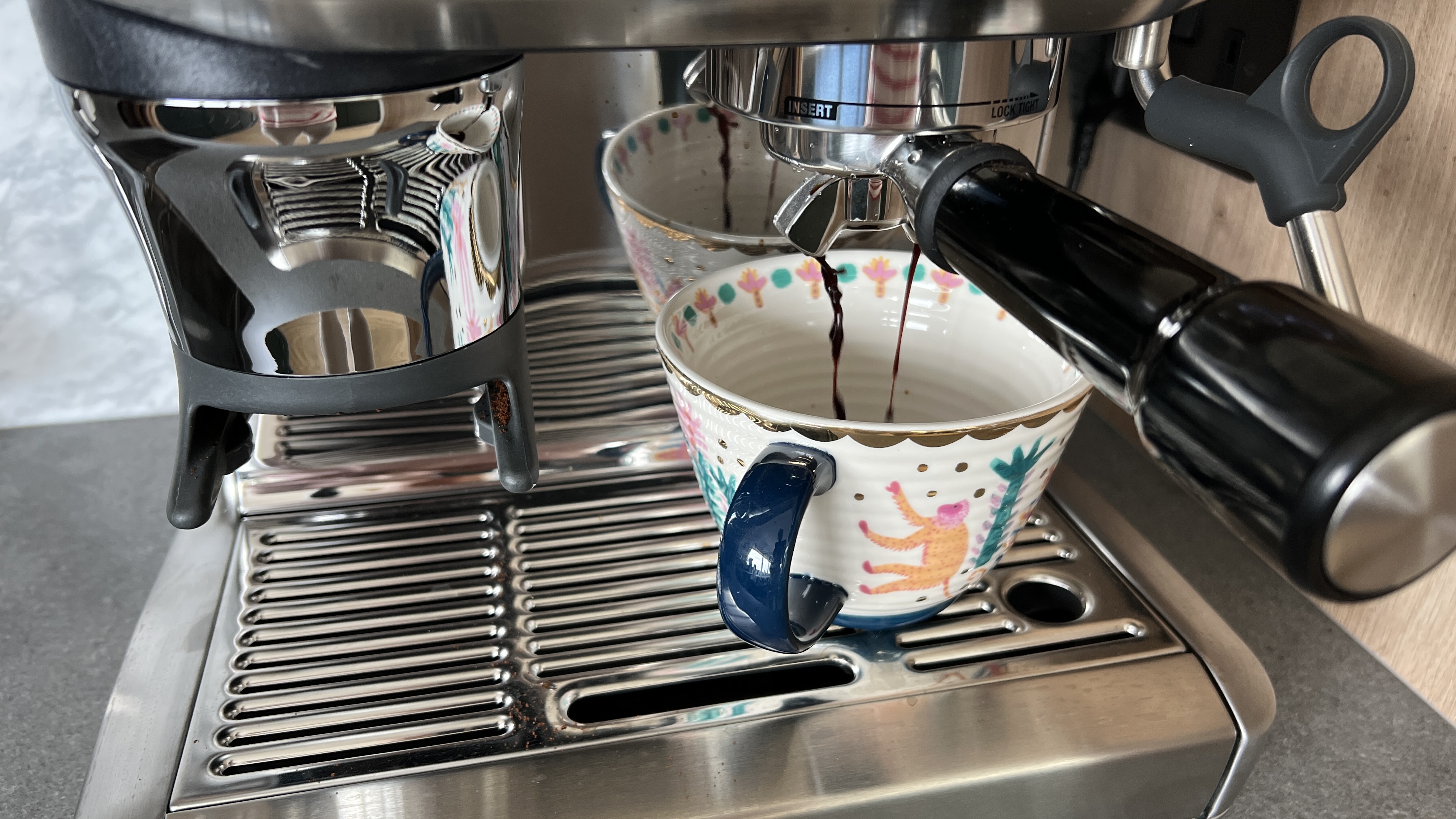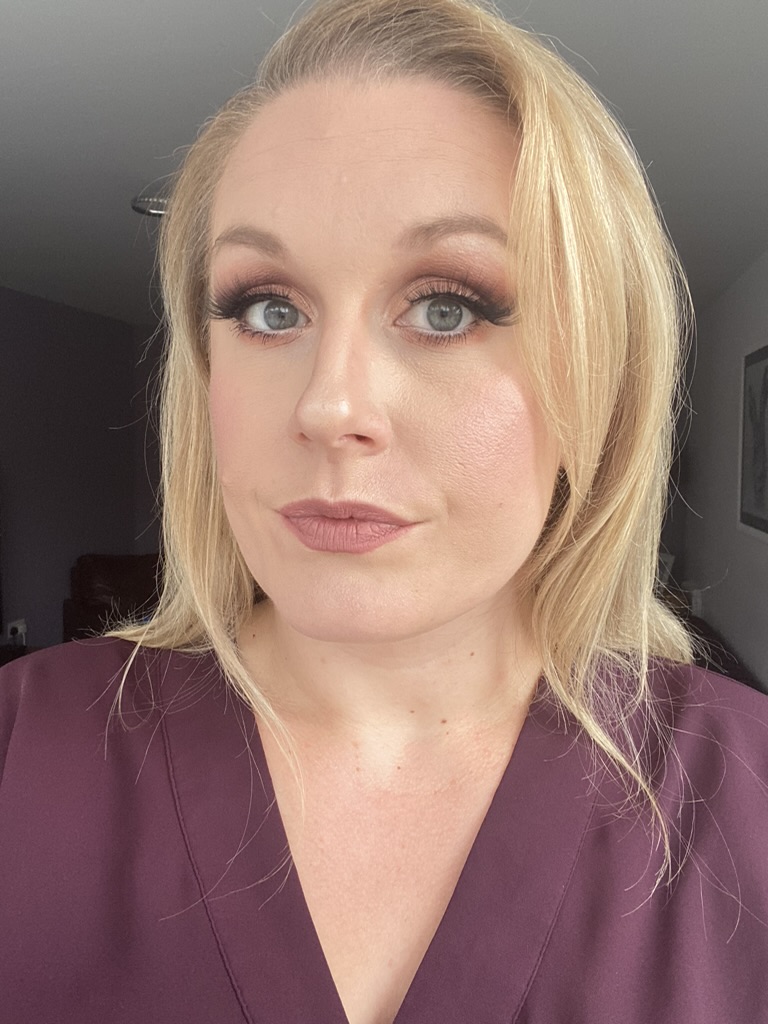They were once the reserve of coffee shops and a handful of homes, but in recent years the popularity of espresso machines has exploded.
Today, the best espresso machines can give you barista-style, professional-quality coffee from the comfort of your own home and while there are different machines for different needs, they all have one thing in common: they rarely come cheap.
But why are espresso machines so expensive, and are they really worth the money?
To learn more and answer these questions, I spoke to Jon Townsend, founder of the Institute of Coffee and De’Longhi coffee ambassador, and and Jee Choe, a certified coffee specialist and founder of Coffee At Three. Their insights shed light on the intricacies of espresso machines and what to consider when it comes to buying one.
Why are espresso machines so expensive?
What is an espresso machine?
If you've ever ventured into a Starbucks, Dunkin' Donuts or local coffee store you will have seen (and likely heard) an espresso machine in action. They're specialised coffee makers that have been designed to brew espresso – a concentrated shot of coffee known for its rich flavor and creamy consistency.
"Unlike a regular coffee maker that uses gravity, espresso machines use pressure to push hot water through very finely ground coffee beans," said Choe. "This pressure pulls out flavors from the beans and makes a rich shot of coffee with a frothy layer on top. Espresso is the base for popular drinks like lattes, cappuccinos, and Americanos.”
Within this category, there are then three main types of espresso machine:
- Manual: Also known as lever machines, these are typically the cheapest espresso machines and every part of the brewing process is done manually.
- Semi-automatic: These are the espresso machines found in the majority of coffee shops. They offer a mix of manual and automated brewing steps for a mid-range price.
- Fully automatic: Fully automatic models automate every step of the brewing process and are usually the most expensive espresso machines.
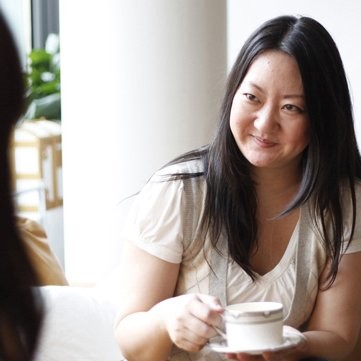
Jee Choe is a coffee specialist, a certified tea sommelier, and the founder and CEO of Coffee At Three, where she shares her knowledge of coffee and her experience as a recipe developer and barista.
Why are they so expensive?
The term 'expensive' is subjective and not all espresso machines cost a small fortune, but they do tend to cost more than other coffee makers for a number of reasons.
“Espresso machines cost more because they need to carefully control the water temperature, pressure, and flow to make every cup of espresso just right," says Choe. "This takes special parts and careful work, which raises the price." You can read more in our guide on how to pull the perfect espresso shot.
The materials used in espresso machines are another key factor in their higher costs. "Since the water gets so hot and under pressure, espresso machines use sturdy materials like steel and brass instead of cheaper plastics," continues Choe. To which Townsend adds: "If it’s a dual boiler or thermoblock heating up your water, for instance, this will change the cost."
Elsewhere, modern espresso machines often come with a range of features that add to their functionality and convenience. These can include built-in grinders, steam wands for frothing milk, programmable settings, and digital displays. This extra convenience typically comes as a cost.
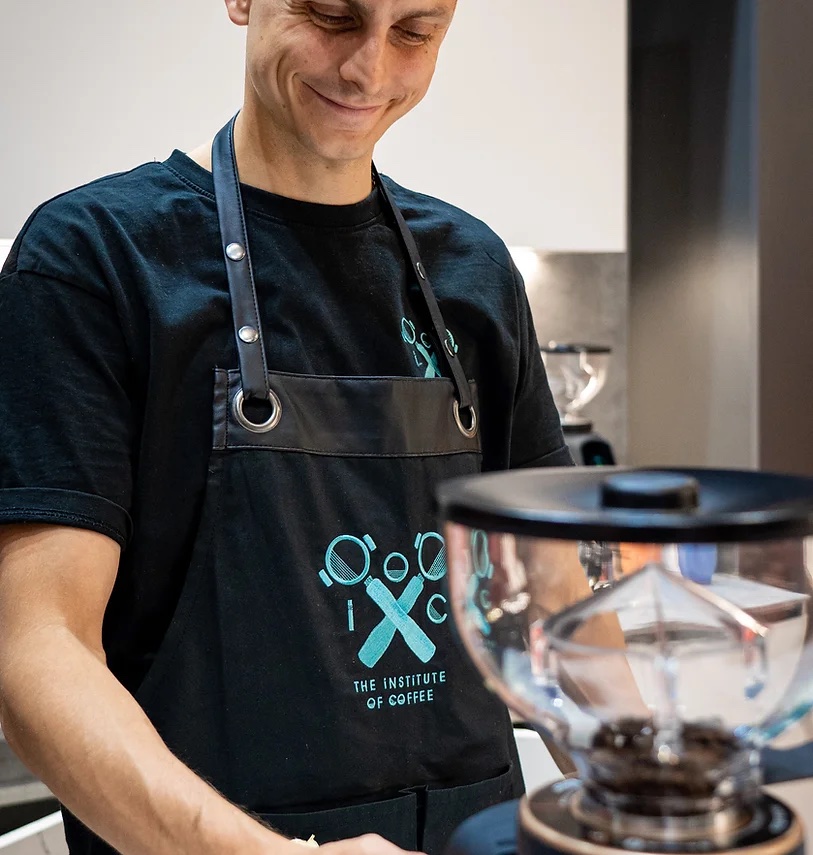
Jon is a seasoned coffee connoisseur, Certified Specialty Trainer, founder of the The Institute of Coffee and a De'Longhi coffee ambassador. With over a decade of hospitality experience, Jon offers professional coffee education and consultancy services. He judges coffee competitions, runs workshops, and conducts hundreds of training sessions each year.
Are they worth it?
Both baristas I spoke to agreed that the value of an espresso machine largely depends on your coffee habits and preferences. "If you often drink espresso drinks and want options to make them perfect for you, a good machine may be worth the money," says Choe.
"I can’t deny the incredible impact espresso has had on me over the years and I would not dissuade anyone from purchasing a machine as it truly can create some of the best coffee experiences you’ll ever have," adds Townsend.
However, both admitted that if you only drink coffee occasionally, or prefer simpler ways, other options could work better.
Beginner espresso machine models tend to start around $200-$400, while high-end machines with more functions can be over $1,000-$2,000. To determine if an espresso machine is worth it for you, Choe advises that you "consider your budget, the features you want, and how frequently you'll use it."
It's also worth factoring in how much you spend buying takeout coffee. If you average one or two shop-bought coffees a day, at an average of $4 a cup, you could recoup the price of an entry-level espresso machine in a matter of months.
Not to mention the satisfaction you'll get from crafting your own espresso which can make the investment worth it alone for coffee enthusiasts.
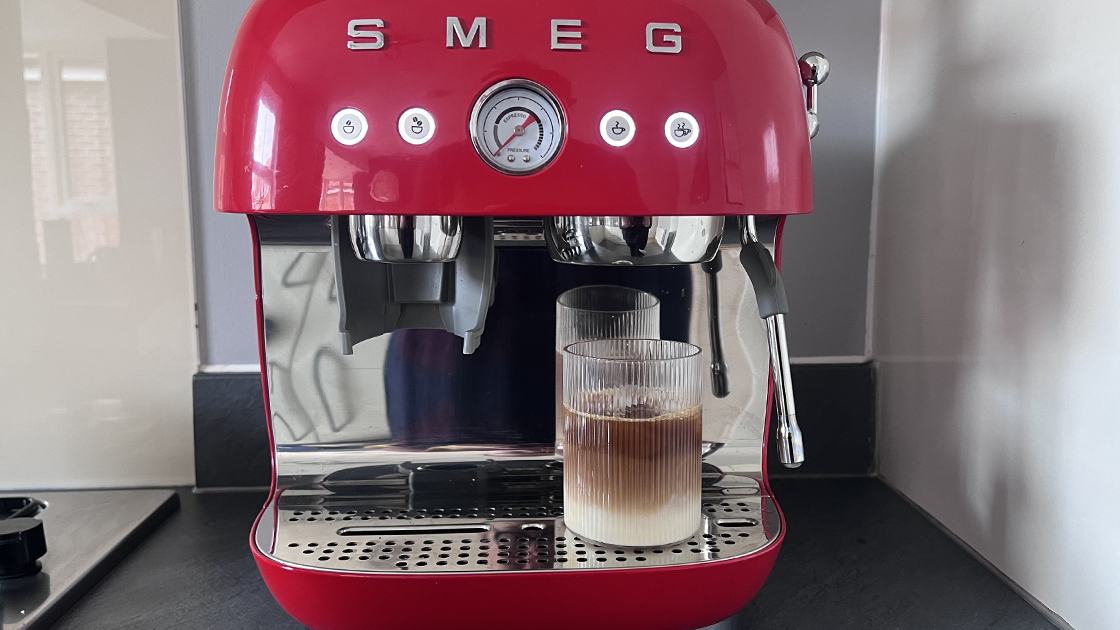
Espresso machine: FAQs
How much should I spend on an espresso machine?
The amount you should spend on an espresso machine depends on your budget, skill level, and needs.
If you're a confident at-home barista, you can get a manual espresso machines for as little as $120 NEO Flex, or spend more than $1,500+ for a high-end model like the La Pavoni PSW-16.
If you need a little more help, but like the idea of experimenting and being able to tweak settings, then semi-automatic espresso machines such as the $99 Stilosa Espresso Machine up to the $350 CASABREWS Espresso Machine with grinder are great entry-level models. You can buy cheaper machines but you start to sacrifice quality and features.
The $750 Breville Barista Express, and $899 Smeg Espresso Coffee Machine both offer slightly more customisation, or you can spend as much as $1,000-$2,000 for the likes of the De'Longhi La Specialista Maestro, or the Rancilio Silvia Pro X.
Alternatively, if you want the ultimate in convenience and money is less of an issue, fully automatic models like the De'Longhi Eletta Explore come with smart, app-controlled features for a premium price of $1,799.
As Townsend explains, though: "It’s not always the case that spending more will get you more. I never suggest spending the most amount of money but instead you need to weight up your wants and needs and then opt for a machine that suits you."
What should I buy instead of an espresso machine?
If an espresso machine isn’t suitable for your needs or budget, there are other ways to make high-quality coffee at home. Granted, they may not have the nuances or consistency of an espresso, but they come close.
"Stovetop Moka pots make a strong coffee using steam pressure," according to Choe. "Aeropresses are manual brewers known for versatility and different coffee styles. French presses are classic brewers that are simple to use and make a full cup of coffee."
You shouldn't discount the best pod coffee makers either. They can be frowned upon by coffee purists but they produce consistent, great tasting coffee with minimal skill, and on a budget.
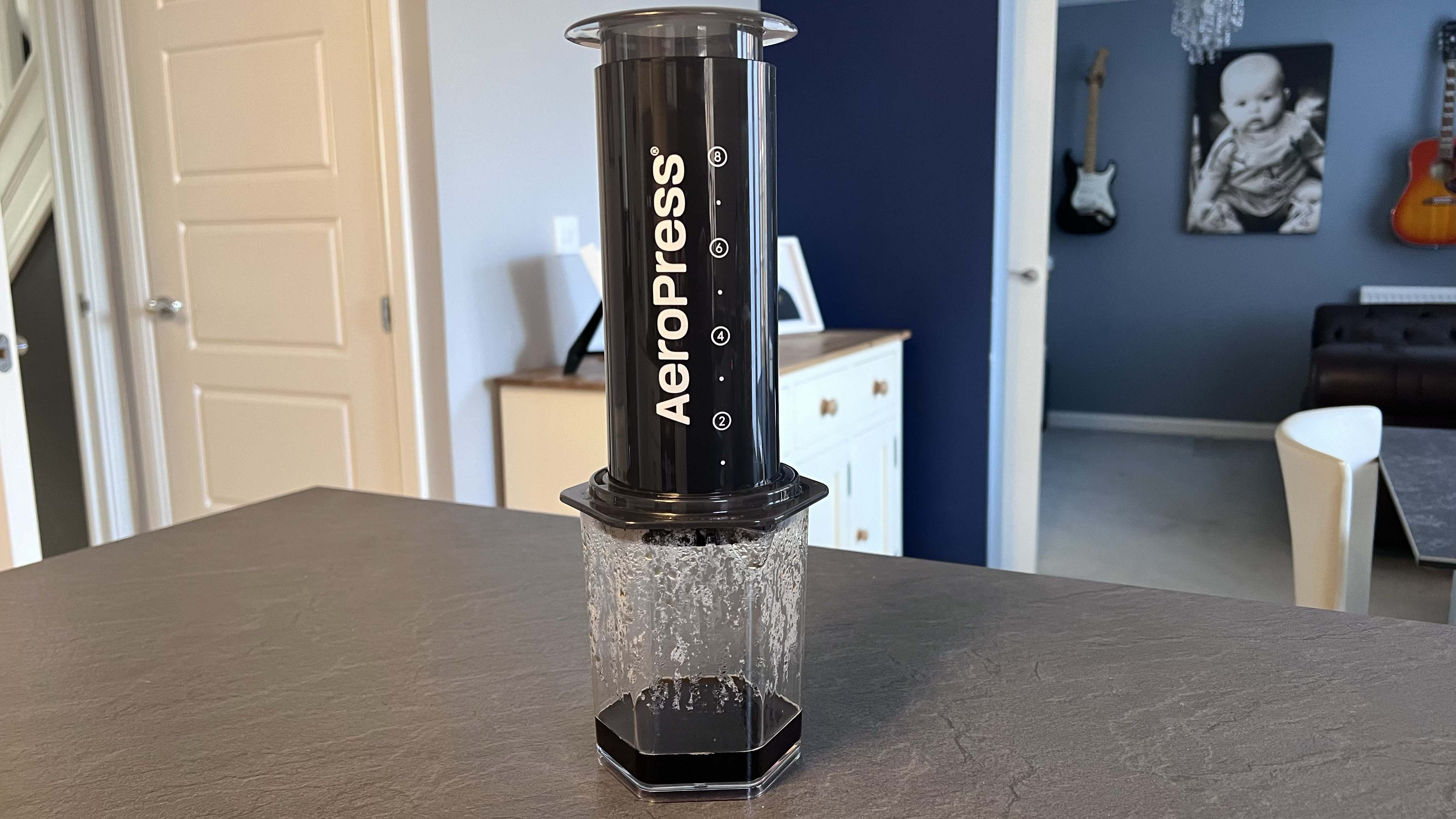
What’s the best espresso machine?
Knowing how to choose a coffee maker, or determine which is the best espresso machine comes down to your preferences, budget and how much control you want over the brewing process.
Unsurprising, as a De'Longhi ambassador, Jon Townsend recommends the La Specialista Arte for its balance of control and affordability. “Personally, I’d buy the La Specialista Arte as it gives me so much control over what I can do as well as coming in at a fantastic price point. If anyone asks what machine to buy this is always my go to and for good reason, it’s amazing."
Jee Choe praises the Breville Barista Express Impress for its user-friendly features and consistent performance. This machine also came out on top in our best coffee makers list, while its sibling, the Brevilla Barista Touch Impress, is our number-one rated espresso machine.
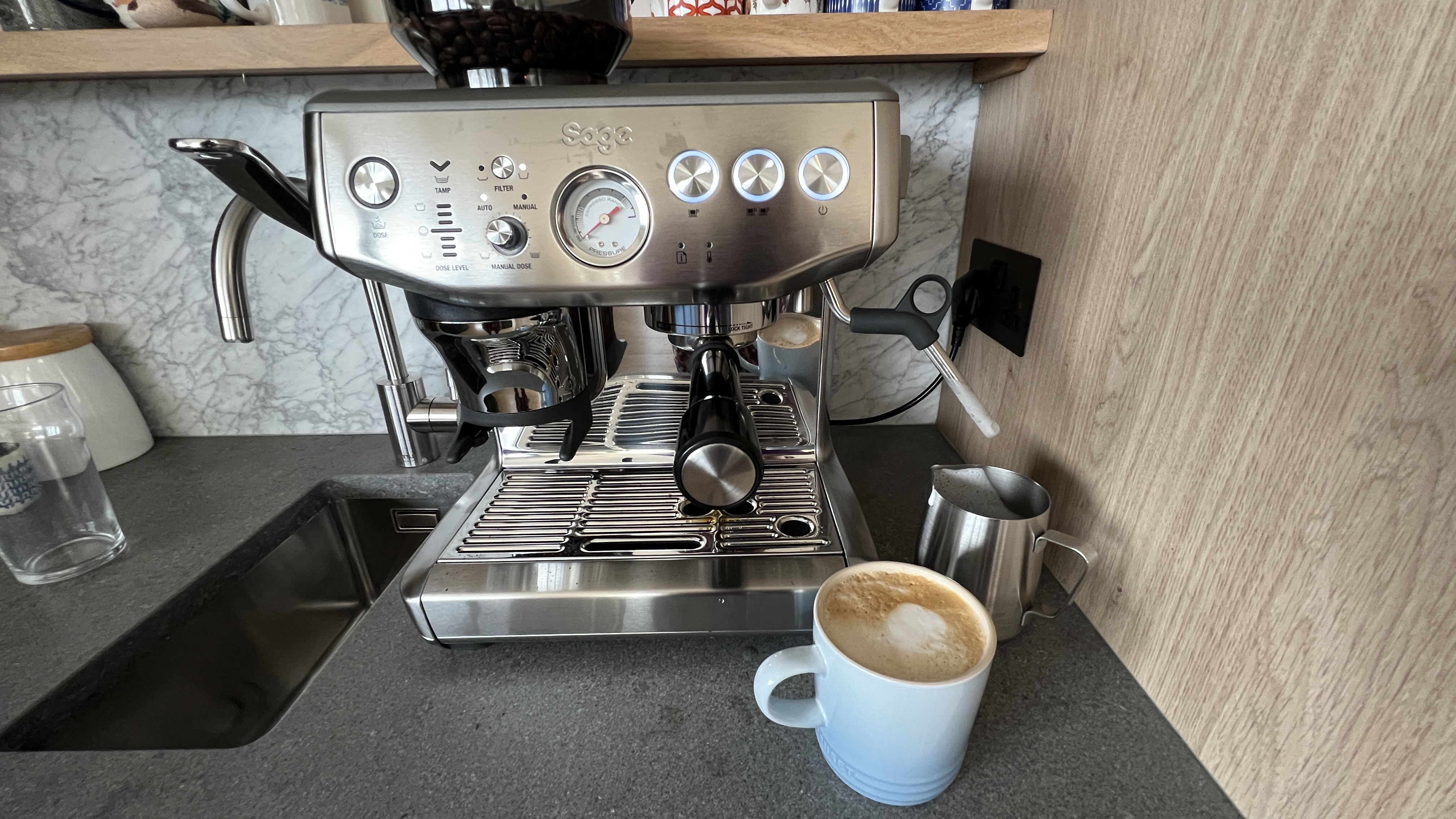
“I love the Breville Barista Express Impress because it simplifies the espresso-making process with its assisted tamping and precise dosing features, allowing me to consistently create cafe-quality drinks at home," explains Choe. "The built-in conical burr grinder ensures freshly ground beans for every shot, while the steam wand makes it easy to froth milk for lattes and cappuccinos. Overall, it's a user-friendly and versatile machine that delivers exceptional results."
Espresso machine: Final thoughts
Even at the lower end of the price spectrum, the best espresso machines are an investment, but they're an investment worth making if you're a coffee fan. Their advanced technology, high-quality materials, precision engineering and features really can bring barista-style coffee to your home.
The huge, and growing, number of choices can make it all feel overwhelming, and at these prices it can also feel like an gamble, but if you start by listing what you want from the machine and working backwards, there will be a machine that suits your budget and need.
